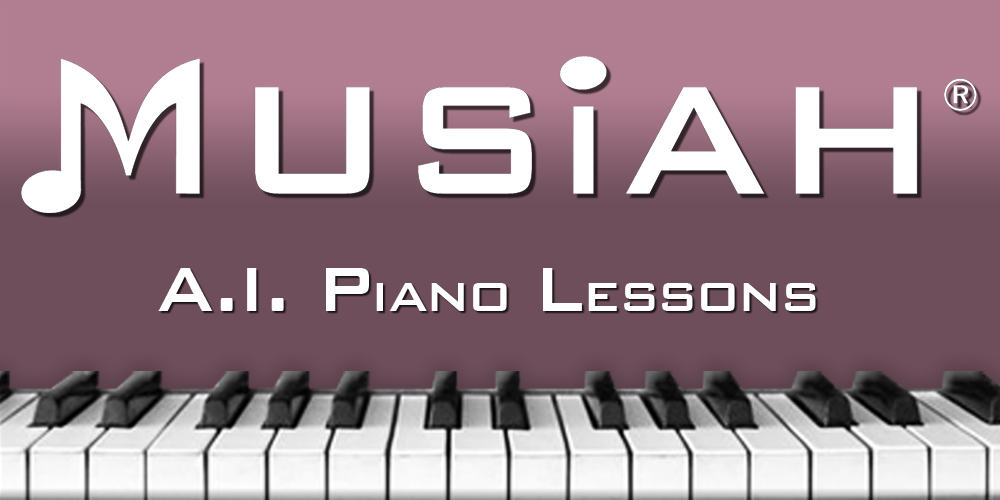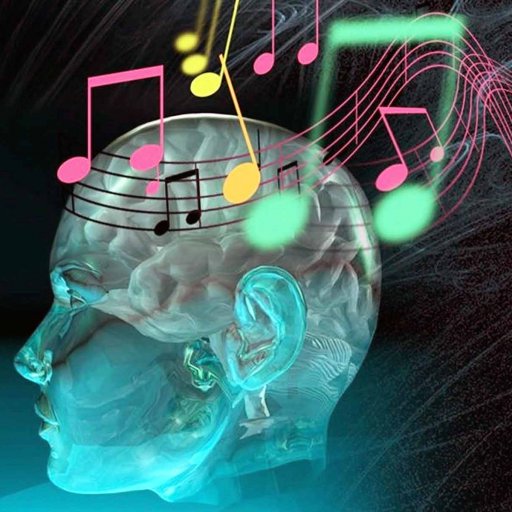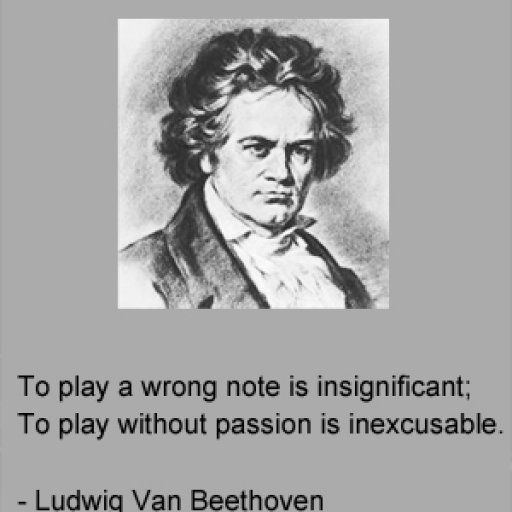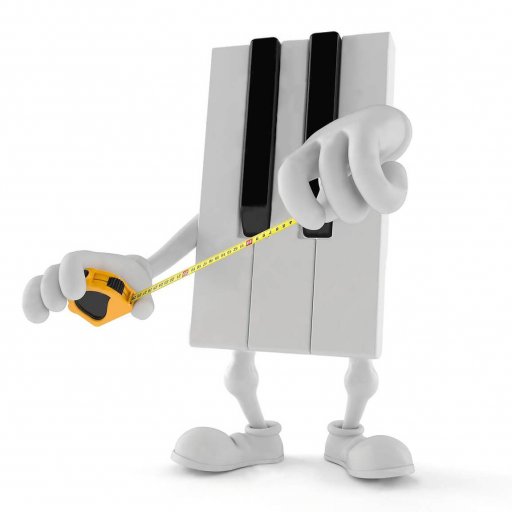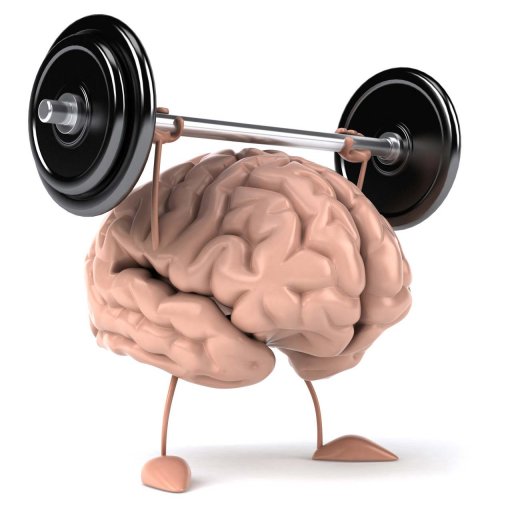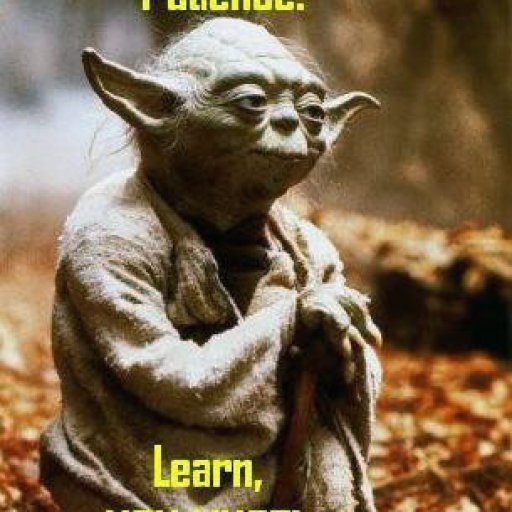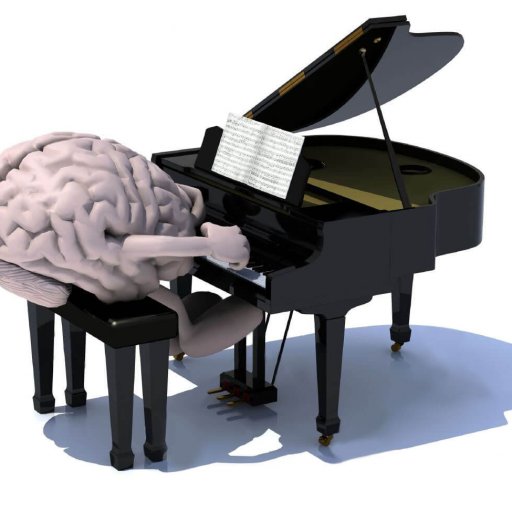How Musiah Guides You Towards Success At Learning Piano

When I was a young student learning piano, I was entered for many musical competitions / scholarships.
If I'm being really honest, I seldom enjoyed these events as they not only required a ton of preparation, they also required me to face some of my deepest fears… performance nerves, fear of facing audiences and adjudicators, fear of freezing up or drawing a memory blank during a performance, and the fear that I just wouldn’t play at my best — all of which can be summarized as the fear of failure.
The other day, I was sorting through some old folders containing personal documents and I came across a bunch of written assessments of my playing as a child / teenager by adjudicators at such events.
I didn’t spare the time to read them from start to finish as again, to be really honest, I was not that keen on reliving some of my past mistakes and failings. Even a cursory glance across the scores was enough to remind me of some of my less successful performances.
And as Beethoven once said, “Nothing is more intolerable than to have to admit to yourself your own errors”.
Fast forward to the current day. Sure, I still experience the normal human emotions of nervousness, etc. around a performance, but I have learned how to manage those fears. And my playing (especially when I have practiced) is at level that is deeply fulfilling… at times even transcendent.
Now that I have achieved my piano playing goals, my life is consequently truly enriched.
So having come from what seemed like a string of past failures, how did I arrive at a point of relatively consummate playing ability which, for the purpose of this article, we’ll call success?
The answer is simple. The secret is understanding that…
Failures Are The Stepping Stones To Success
If you experience many failures and all the disappointment that goes hand in hand with those failures, it may help you to realize that you are not alone. The journey your are on is precisely the one that you must undertake to achieve success in any walk of life.
This is actually normal and natural. while it may not feel like it at the time, it is formative, character-building and it separates the wheat from the chaff in terms of what your true priorities are. If your goal is important enough to you, you will dust yourself off and try again, and again, and again until you succeed.
As Henry Ford put it, “Failure is simply the opportunity to begin again, this time more intelligently”.
From time to time, I receive inquiries from piano students who are struggling for whatever reason either with a particular piece or just in general. They typically indicate that they don’t enjoy not being able to do “X” because they feel they should be able to do it and they are frustrated and I guess disappointed in themselves at this particular moment.
First up, let me just say that I understand… more than you can possibly know.
Depending on each individual scenario, I can usually offer students just the right tip(s) to help them overcome whatever their current difficulty is. But perhaps more importantly, on a deeper level, it is important and helpful for all students to understand that failures and disappointment from time to time are to be expected – and even welcomed.
The key is to embrace your failures and feelings of failure and know that these are exactly what you need at this moment in time.
Your failures are in reality taskmasters that hold you to account. They are the best coach you will ever have. They will toughen you, help you to re-focus and give you a laser-like clarity of vision that, if you persist, will make success inevitable.
How does Musiah help guide you towards success?
For one thing, Musiah makes managing failures a lot easier than the traditional learning path that I went through.
Within the Musiah piano lessons app, when you audition each piece for Musiah (our A.I. virtual piano teacher), if you don’t get a great score / feedback, you can try again as many times as you like until you achieve your goal which, for example, might be to earn 5 stars for a particular piece.
If you receive a student progress report which shows low scores for a number of pieces, you can choose to work on them further until your next report shows higher scores / more stars for each piece.
And if you fail one of the virtual performance challenges that occur at the end of each level, you can try again – all in the privacy and comfort of your own home with no embarrassment and no one judging you.
With Musiah’s guidance, your failures and any potentially negative impact they might have will be minimized but you will still learn from them, and grow and improve as you work step by step towards your goal of being able to play piano.
On your piano lessons journey, there is no need to do it the harder (traditional) way like I did. With Musiah, a clear road-map is laid out before you. All you need to do is trust your teacher, Musiah, to guide you every step of the way, knowing that even at times when you may feel like you are failing, you are exactly where you need to be.
You can do it!
With just a little tenacity and a focused desire to learn, you will definitely get there — and you'll do it much sooner with Musiah than with any other piano lessons, method or program.
To start your Musiah piano lessons journey that will have you playing like a pro in the shortest possible amount of time, I warmly invite you to take our Free Trial.
Thanks for reading,
Brendan Hogan L.Mus.A, A.Mus.A.
Piano Teacher & Musiah Inventor
HELPFUL LINKS
Piano Lessons Or Keyboard Lessons – What's the difference?
Weighted Keys Vs Unweighted Keys
Getting Started (What equipment do I need?)
MIDI Keyboard Requirements for Musiah
The 3 Different Kinds Of Keyboard Lessons
RECOMMENDED ARTICLES
Online Piano lessons – Do They Work?
Piano Lessons For Adults
Piano Lessons For Kids
Piano Lessons For Beginners
Advanced Piano Lessons
Free Piano Lessons (on piano technique)
The Best Piano Method
The Best Piano Learning App
Learning To Play Piano As An Adult – Why it's easier than you think!
